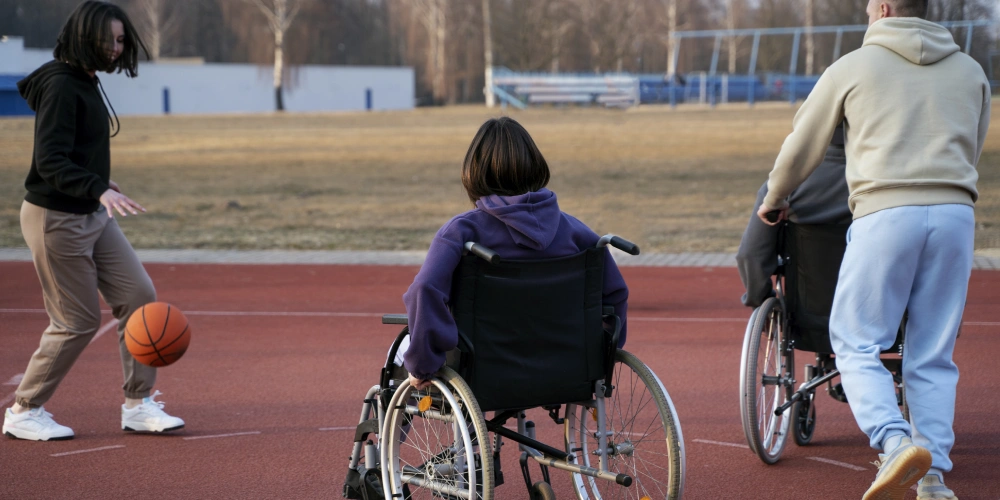I In the pursuit of a more just and sustainable world, it’s crucial to recognize and address the intersectionality of various social issues. One often overlooked intersection is between disability rights and environmental sustainability. While these may seem like separate spheres, they are intricately connected, and understanding this connection is vital for creating inclusive and environmentally conscious communities.
The Environmental Impact of Disability:
People with disabilities often face unique challenges related to environmental sustainability. From inaccessible public spaces to limited transportation options, individuals with disabilities may encounter barriers that hinder their ability to engage in environmentally friendly activities such as recycling, conservation efforts, or outdoor recreation. Moreover, certain disabilities may require the use of assistive devices or specialized resources that consume additional energy or contribute to waste production.
Conversely, environmental degradation can exacerbate the challenges faced by people with disabilities. Natural disasters, for example, can disproportionately affect individuals with disabilities due to barriers in evacuation procedures, inaccessible shelters, or disruptions in essential services. Additionally, climate change-induced phenomena like extreme weather events can pose increased risks to the health and well-being of people with disabilities.
The Importance of Inclusive Solutions: To truly advance environmental sustainability, we must prioritize inclusivity and accessibility in our efforts. By ensuring that environmental initiatives consider the needs and perspectives of people with disabilities, we can create more equitable and resilient communities.
One essential aspect of this approach is the design of accessible infrastructure and transportation systems. Accessible public spaces, including parks, trails, and recreational areas, enable individuals with disabilities to connect with nature and participate in outdoor activities. Similarly, implementing inclusive transportation options ensures that people with disabilities can access eco-friendly modes of travel, such as public transit or bike-sharing programs.
Education and Awareness: Promoting awareness and understanding of the intersection between disability rights and environmental sustainability is fundamental to driving meaningful change. Educational initiatives can help raise awareness about the environmental challenges faced by people with disabilities and foster empathy and solidarity within the broader community.
Furthermore, inclusive environmental education programs can empower individuals with disabilities to actively participate in environmental advocacy and stewardship. By providing accessible resources and opportunities for engagement, we can amplify the voices of people with disabilities in the environmental movement and ensure that their perspectives are valued and integrated into decision-making processes.
Collaborative Action: Addressing the intersection of disability rights and environmental sustainability requires collaborative action across sectors and stakeholders. Governments, businesses, nonprofits, and community organizations all have a role to play in advancing inclusive and environmentally responsible practices.
Policy measures that prioritize accessibility and inclusion can help remove systemic barriers and promote equal participation in environmental initiatives. Additionally, partnerships between disability advocacy groups and environmental organizations can foster innovative solutions and amplify the impact of collective efforts.
As we strive to build a more sustainable and equitable world, it’s imperative that we recognize and address the intersection of disability rights and environmental sustainability. By prioritizing inclusivity, accessibility, and collaboration, we can create communities that are not only environmentally resilient but also inclusive and supportive of all individuals, regardless of ability. Together, let’s embrace this call to action and work towards a future where everyone can thrive in harmony with our planet.
